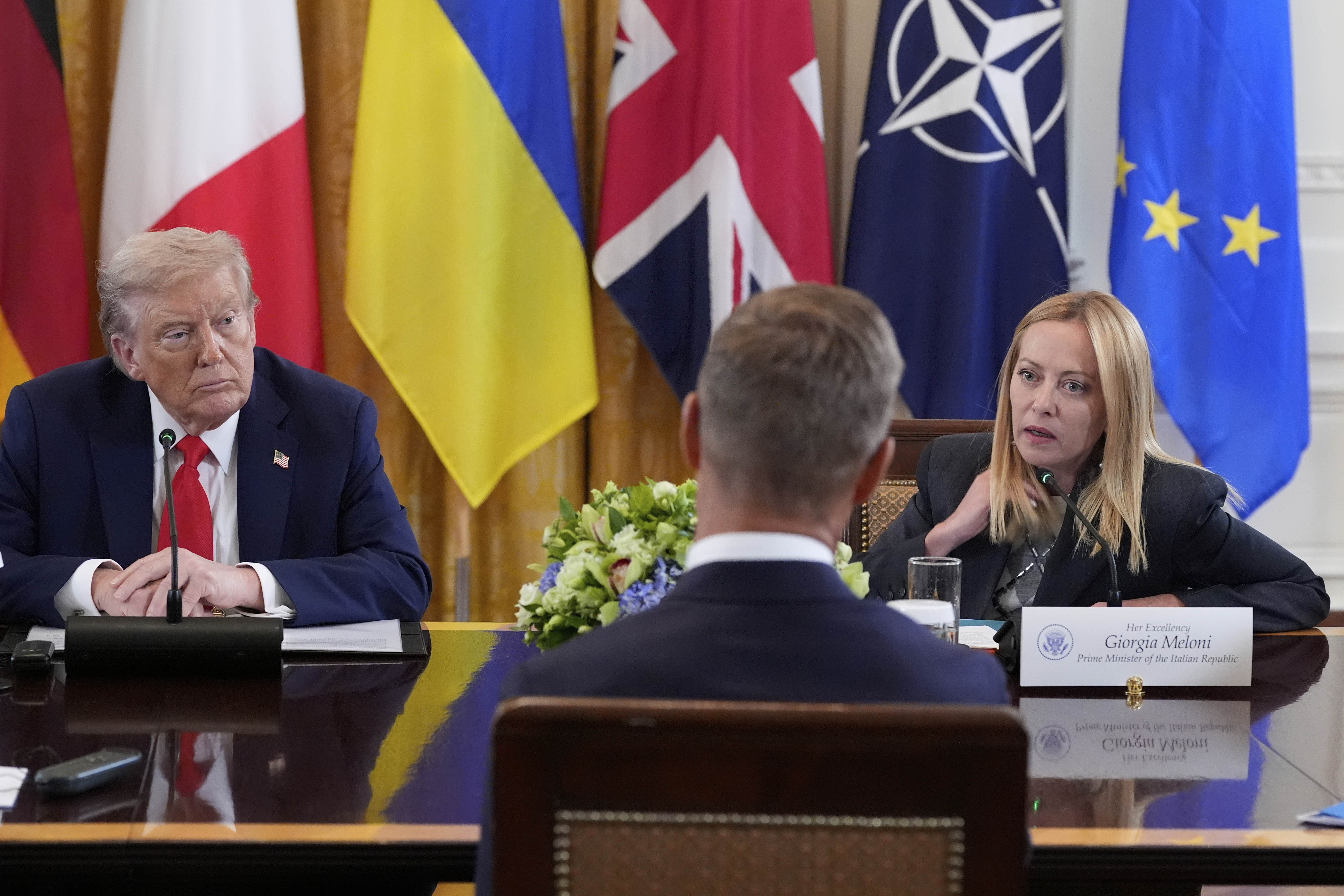Why Italy Matters More for Ukraine’s Military Support Than It Seems

To many, Italy seems like a secondary player in the war in Ukraine — a country with wavering politics and strong economic ties to Russia. But appearances deceive. In reality, Italy’s defense industry, diplomacy, and energy strategy have made it one of Kyiv’s most important and consistent allies.
Since the onset of the full-scale war, many in Ukraine have associated Italy with fluctuating political support, ambiguous statements from its leaders, or Rome’s economic interests in trade with Russia. Yet beneath these surface impressions lies a deeper and far more significant reality: Italy’s role in supporting Ukraine is broader and more strategic than it first appears — driven not only by Giorgia Meloni’s political direction but also by the interplay of defense, diplomacy, and energy cooperation with European and American partners.
Italy’s Defense Industry Is Among the Most Promising in the EU
Italy is a key player in Europe’s defense complex, particularly in the areas of air defense and fire control systems. A prime example is Italy’s participation in the joint production with France of the SAMP/T missile defense system – the only European system capable of intercepting ballistic missiles, which has been practically delivered to Ukraine.
The SAMP/T system, supplied to Kyiv in 2023, became Europe’s response to the shortage of medium- and long-range air defense systems, complementing the capabilities of Patriot and IRIS-T. The production of this system by the Eurosam consortium demonstrated that Italy is prepared not only to act as a component supplier but also to take on strategic commitments to ensure Ukraine’s security.
At the same time, Italy’s defense industrial complex is not limited to air defense. Italy specializes in developing combat management systems, integrated sensor platforms, radars, and communication systems, which are critically important for network-centric warfare, such as the Ukrainian-Russian conflict. While these deliveries are less publicly discussed, it is precisely these technologies, in close cooperation with allies, that have underpinned the development of Ukraine’s capabilities in fire coordination, artillery management, and integration of various military branches.
Giorgia Meloni: Ukraine’s Ally with Access to Trump
Rome’s policy under Giorgia Meloni’s leadership has elicited mixed perceptions in Ukraine: on one hand, Italy has clearly supported Kyiv on the international stage; on the other, Meloni has often shown pragmatic flexibility in engaging with those who criticize aid to Ukraine. However, it is Meloni who has solidified Italy’s position as a “bridge” between Washington and European capitals on the issue of supporting Ukraine. Her personal rapport with Donald Trump, especially after his return to the White House, has become an important channel through which Ukraine’s issues gain a voice in American political circles.
Italy’s prime minister avoids the public rhetoric of a “hawk” but is among the European leaders who advocate for long-term mechanisms to support Ukraine within the EU and NATO, including defense funds and tools for coordinating military aid. Thanks to Rome’s proactive stance, the issue of arms transfers to Ukraine has repeatedly remained on the EU Council’s agenda despite resistance from certain countries.
Diplomacy of Restraint: How Italy Advances Support for Ukraine While Navigating All Red Lines
A hallmark of Italian diplomacy is its balancing act. Rome does not seek to openly showcase its role as one of Ukraine’s main donors but systematically works to maintain a pan-European consensus on aid to Kyiv. At the same time, Italy has often played the role of an informal mediator between EU countries with differing positions on the scope and format of assistance to Ukraine, particularly during discussions on the EU defense fund and the use of profits from frozen Russian assets.
However, Italian diplomacy has not always been unequivocally pro-Ukrainian. Rome has frequently advocated for restraint on issues of escalation, particularly regarding long-range strike capabilities. Yet, strategically, Italy has never blocked key NATO or EU decisions on aid to Ukraine and, in many cases, has acted as a mediator to achieve compromises. This balance allows Italian diplomats to maintain channels of dialogue with both allies and those inclined toward appeasing Russia while remaining within the framework of supporting Ukraine.
The Energy Dimension: Italy as a Strategic Hub for American LNG
A separate line that underscores Italy’s importance for Ukraine is its role in Europe’s energy security. Following Russia’s full-scale invasion, Italy has become one of the key terminals for receiving American liquefied natural gas (LNG), which has partially compensated for Europe’s abandonment of Russian gas. The ports of Livorno, Ravenna, and Taranto have become critical hubs for redistributing energy resources, including supplies to Central and Eastern Europe. This is not merely economics – it is part of a strategic set of measures to contain Russia, in which Italy serves as a link ensuring the resilience of energy flows.
In effect, Rome has become a vital partner for the United States in its efforts to reduce Europe’s energy dependence on Moscow, which has automatically strengthened transatlantic cooperation in the defense sphere.
Rome’s Quiet Strength Has Proven Highly Effective, Sometimes More So Than the Loud Statements of Other EU Leaders
Italy does not feature in top headlines as Ukraine’s primary military donor, but its contribution to strengthening Kyiv’s defense capabilities is far greater than commonly perceived. From air defense to strategic diplomacy, from technological support to energy security – Italy acts as a calm but indispensable element of the broader system of Western support for Ukraine.
In the context of a volatile international situation and political transformations in the United States, allies like Italy – with their flexible yet systematic stance – become the actors capable of ensuring the continuity of aid to Ukraine in the medium term. Behind Rome’s diplomatic restraint lies a thoroughly pragmatic but principled support for Ukraine’s fight for freedom – a support that holds strategic importance for European security.
Bohdan Popov, Head of Digital at the United Ukraine Think Tank, communications specialist and public figure